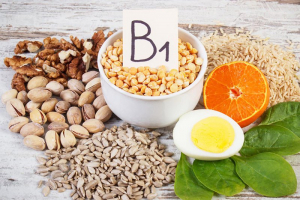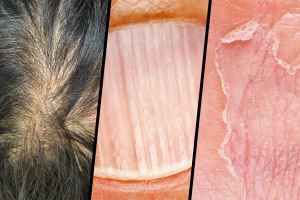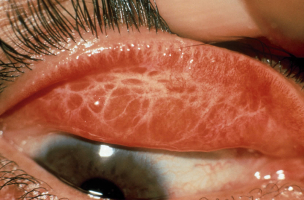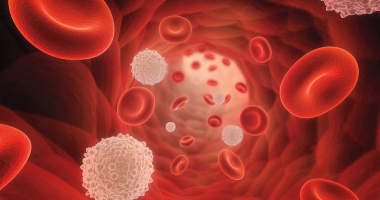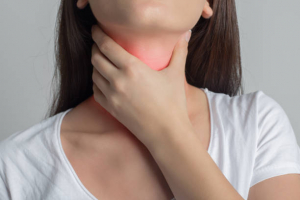Top 5 Signs and Symptoms of Vitamin K Deficiency
Vitamin K is a fat-soluble vitamin that is essential for bone and heart health, blood clotting, and brain function. Vitamin K deficiency affects not only the ... read more...health of adults but also the health of children. Recognizing the symptoms of vitamin K deficiency is one way to limit the lead to more serious diseases and help the body stay healthy. Let's find out the Signs and Symptoms of Vitamin K Deficiency below!
-
Excessive bleeding is the most common symptom of vitamin K deficiency. Vitamin K deficiency bleeding occurs when people are unable to stop bleeding because their blood lacks sufficient Vitamin K to form a clot. Anywhere on the inside or outside of the body can bleed. It can be difficult to detect bleeding that occurs within the body. Bleeding may also be visible if a person bruises easily, develops small blood clots beneath their nails, bleeds in mucous membranes that line internal organs, or produces stool that is dark black (almost like tar) and contains some blood.
Infants who do not receive the vitamin K shot at birth can develop Vitamin K deficiency bleeding at any time up to the age of six months. Based on the age of the baby when the bleeding problems begin, there are three types of Vitamin K deficiency bleeding: early, classical, and late. Doctors may detect vitamin K deficiency in infants if there is bleeding from the area where the umbilical cord is removed, bleeding in the skin, nose, gastrointestinal tract, or other areas, bleeding at the penis if the baby has been circumcised, or sudden brain bleeding, which is extremely dangerous and life-threatening.

via: Stylecraze 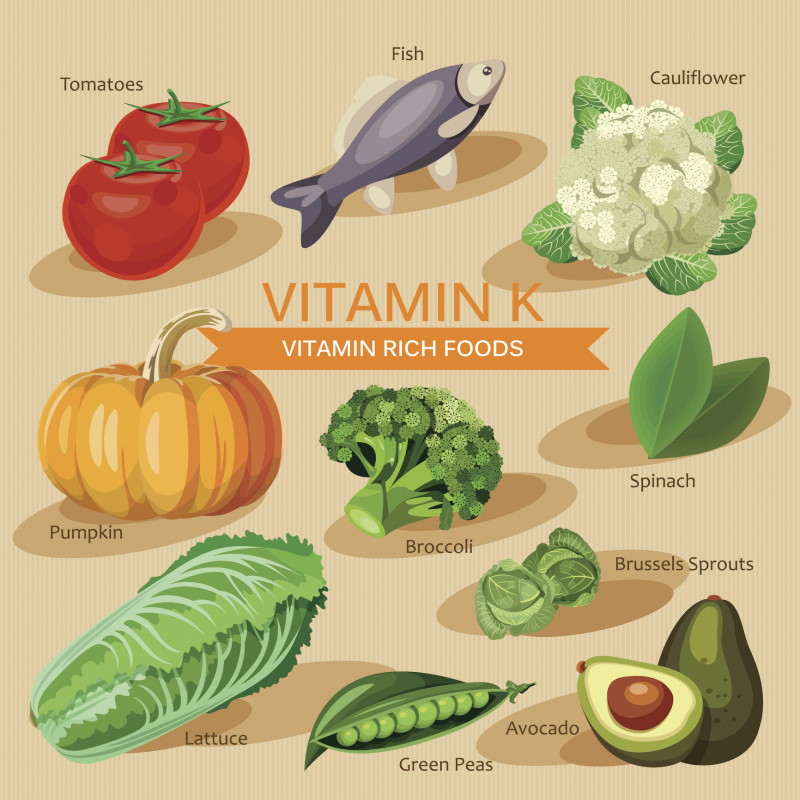
via: Flushing Hospital Medical Center -
Too much bilirubin causes skin yellowing. Bilirubin is a yellow chemical produced by the breakdown of hemoglobin in red blood cells. Hemoglobin is in charge of transporting oxygen throughout the body. Old blood cells are degraded, and the resulting materials are either excreted or used to generate new cells. Bilirubin floats in blood if your liver is unable to successfully break down blood cells. As a result, the skin appears pale or yellowish.
Vitamin K is one of the vitamins that the body uses to process bilirubin and thereby prevent the yellowing or paleness of skin. If you notice paleness or yellowing of the skin, you probably lack adequate vitamin K in your body. It is recommended that you take foods rich in vitamin K, and seek medical help from a doctor.
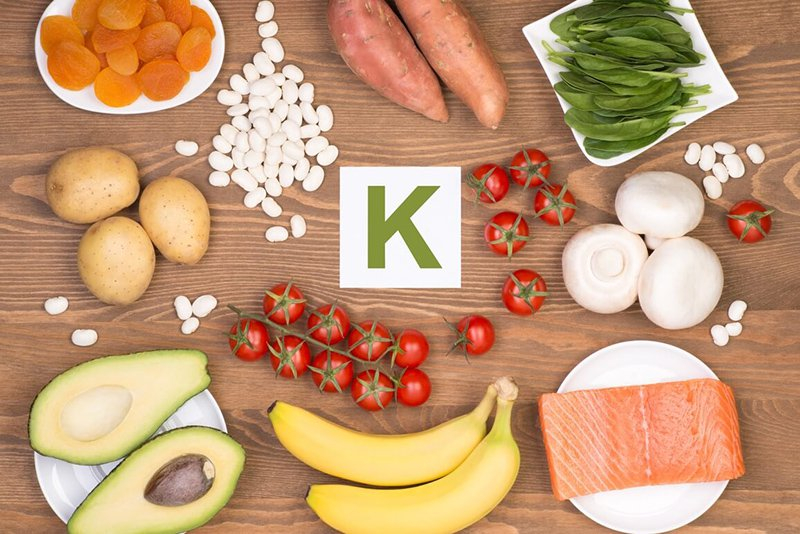
via: Vinmec 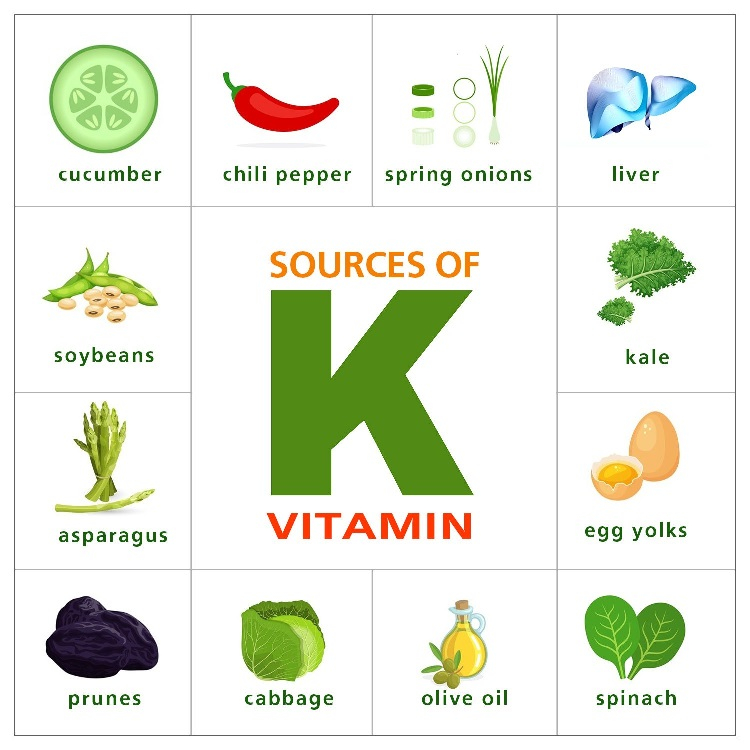
via: FreeDieting.org -
Blood clots under the nails are another vitamin K deficiency symptom. Vitamin K plays a primary role in the clotting of blood. In the event that you notice blood clots in certain areas such as under the nails, it is an indication that you may be low on vitamin K.
Therefore, be on the lookout for such symptoms and seek help immediately to prevent more problems in the future. Vitamin K is essential in your body and ensuring that you include it in your diet can help to lower these risks. Alternatively, and especially if you notice vitamin K deficiency symptoms in spite of including it in your diet, seek medical help, which may include testing and treatment for deficiency.
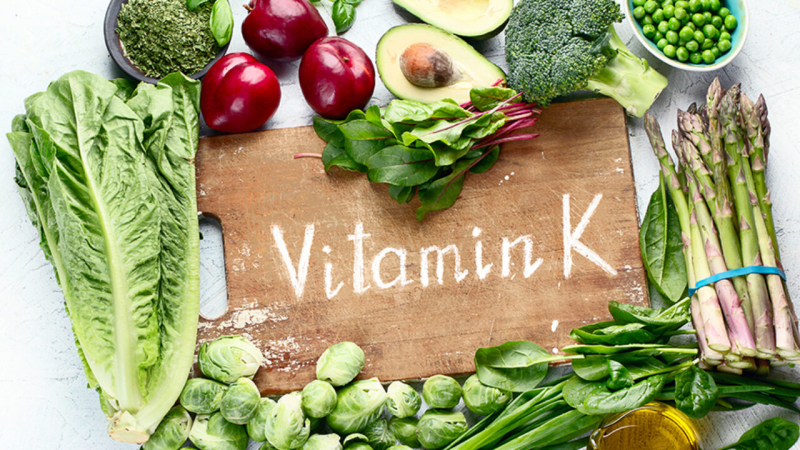
via: HealthKart 
via: The Guardian Nigeria News -
There are blood vessels inside the joints that provide them with vital nutrients. These vessels can also be affected by vitamin K deficiency. Bleeding inside the joints is called hemarthroses and it cusses swelling and pain in the affected joint. If you are suffering from this symptom, you should seek medical attention for a proper diagnosis.
Furthermore, osteoarthritis is the most common type of arthritis, with knee osteoarthritis being the leading cause of lower extremity disability among elderly people in the United States. There are no treatments available to prevent osteoarthritis structural pathology. Vitamin K has the potential to be a preventative option for osteoarthritis due to its role in regulating skeletal mineralization.
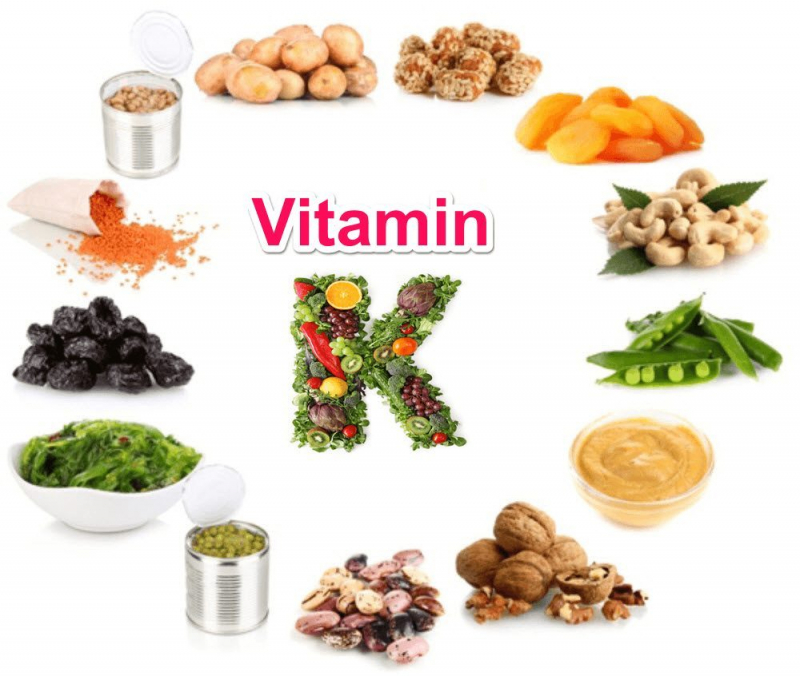
via: Excell FitLife 
via: Excell FitLife -
Vitamin K helps reduce excessive menstrual flow. Although there are many reasons for excessive menstrual flow in women, deficiency in vitamin K is also one of them. Taking supplements of vitamin K can reduce the excessive flow of blood during menstruation as it will reduce the amount of blood flowing out of the body.
Moreover, Vitamin K also reduces menstrual pain. Vitamin K ensures the regulation of hormones which in turn ensures regular periods. This in turn helps in the reduction of menstrual pain. Women who suffer from too much menstrual pain should get tested for the deficiency of vitamin K.
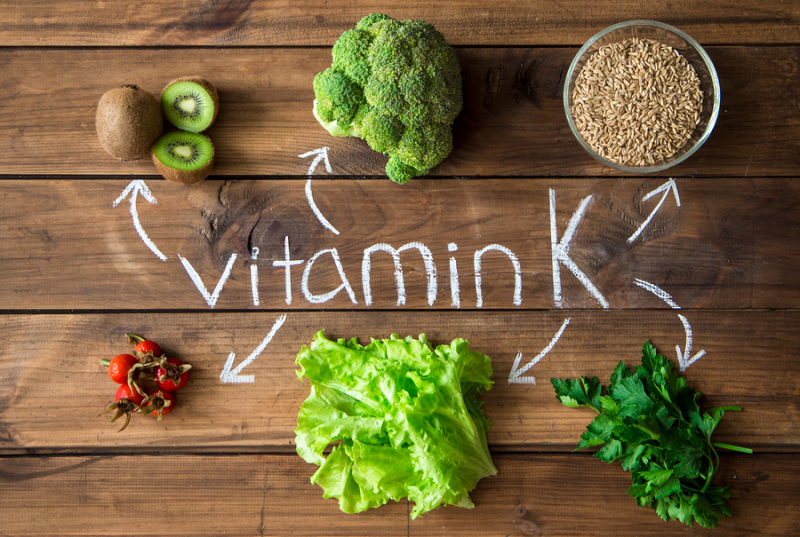
via: Dan Hammer Health LTD 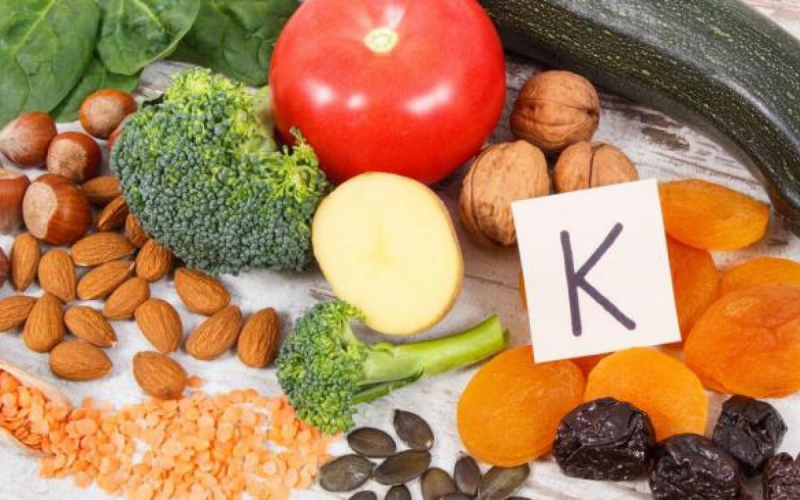
via: Shape Magazine











